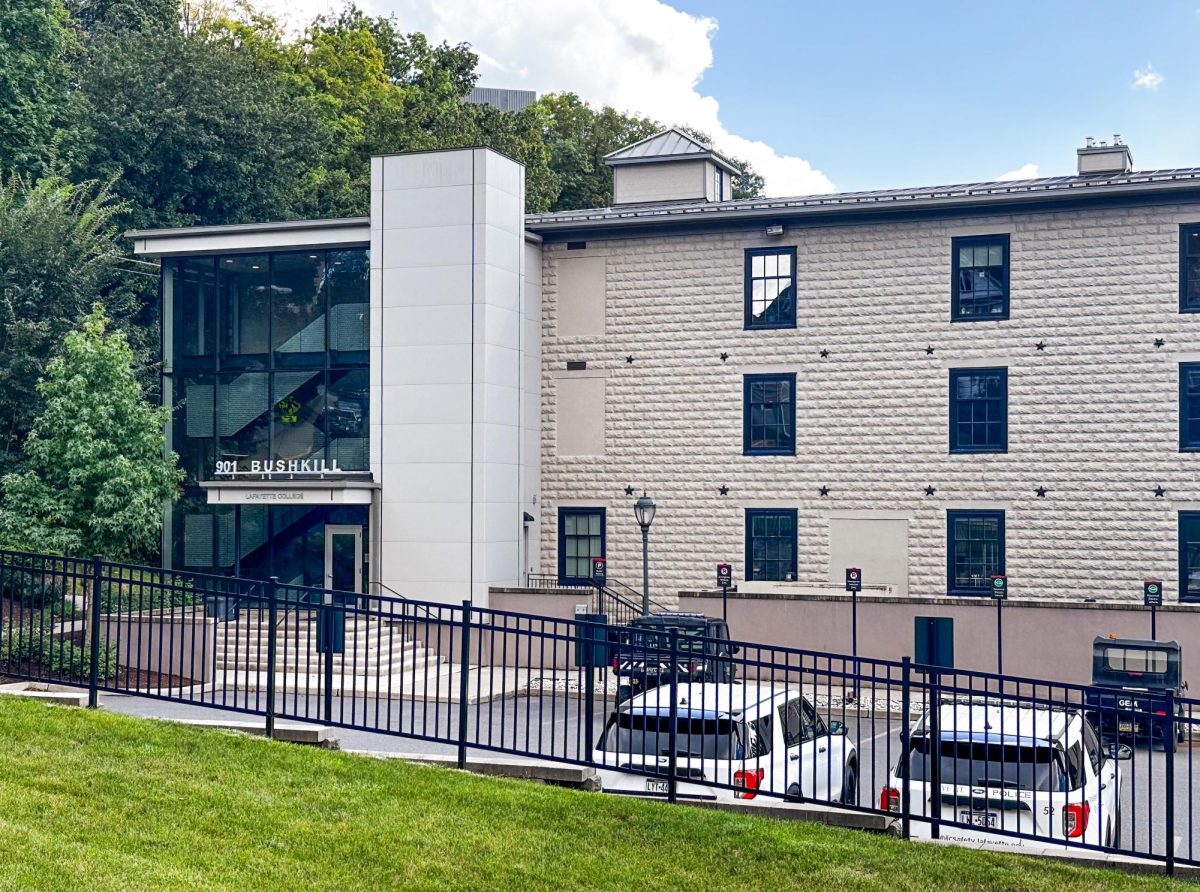The Facilities Operations Department recently purchased two new electric Ford Transit vans, marking the first roadworthy electric vehicles at the college.
The two vans will be used on campus and charged at the campus’ maintenance facility, according to director of facilities operations Scott Kennedy.
Typically, electric vehicles replace gas vehicles when college divisions determine that new vehicles are a high need for the following academic year, according to Kennedy. There is no requirement that all new vehicles be electric.
While there are 10 other electric vehicles on campus, such as the carts operated by the Office of Sustainability to facilitate the composting program, they cannot be driven on main roads.
“It’s a significant thing,” Remy Oktay ’24, who is active in sustainability initiatives on campus, said of the vans. “We’ve had the little tiny electric golf carts, but this is the first roadworthy real deal.”
Delicia Nahman, the director of sustainability, said that the Office of Sustainability is involved in conversations with divisions across campus to assess their replacement vehicle needs. The office was not aware of the electric vehicles acquired by Facilities Operations until informed by The Lafayette.
According to Thomas Pursel, the supervisor of Ord Steam Plant and purchaser of the vehicles, the vans have a full charge of 126 miles. In comparison, on average, a fully charged Tesla will last around 330 miles.
The vans “charge overnight, and then they’re used on campus,” Pursel said. “They come back at the end of the day, get plugged into the charger, and they’re good to go.”
While the purchasing of these vehicles helps the college’s carbon neutrality efforts, according to Nahman, there are still a small number of electric vehicles at the college.
“I think it’s the right direction, but if you look in the grand scheme of the number of vehicles that needed to be replaced, it’s a very small number of electric replacements,” Nahman said. “I think that there is still a very large gap between the opportunity that we have in front of us and where we have been able to put the investment so far.”
The purchases are part of the college’s long-term goals — Kennedy added that the college is looking to convert its “entire fleet of maintenance vehicles to electric vehicles.”
“We expect this to take at least ten years which would align with the college’s goal of a carbon-neutral campus in 2035,” Kennedy wrote in an email.




























































































































